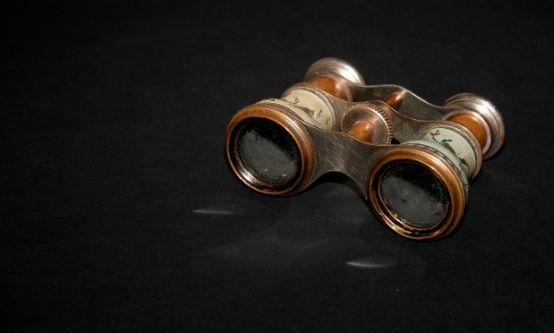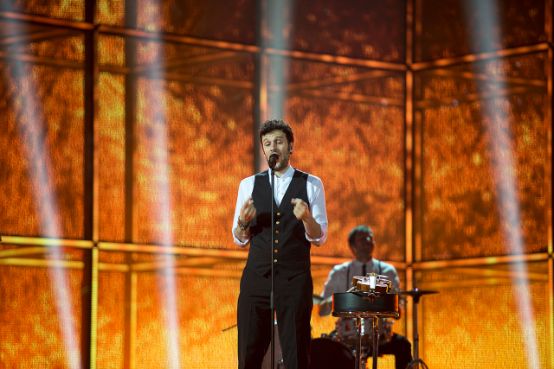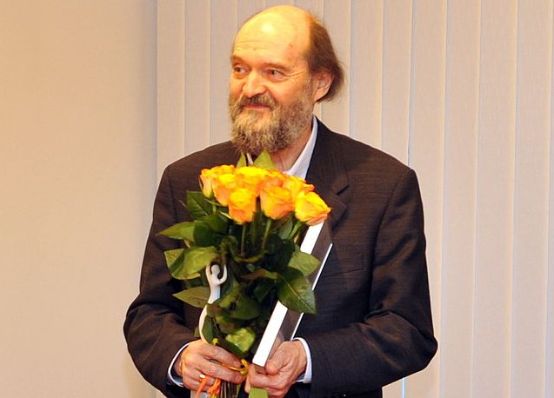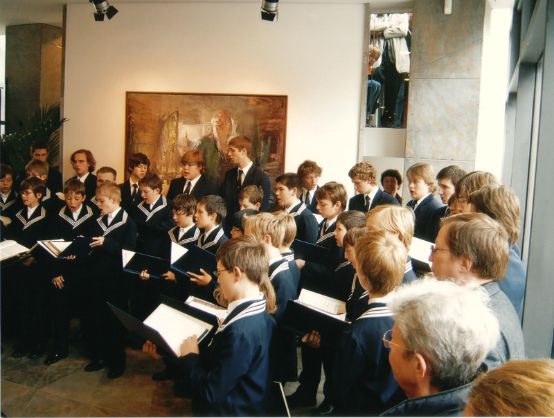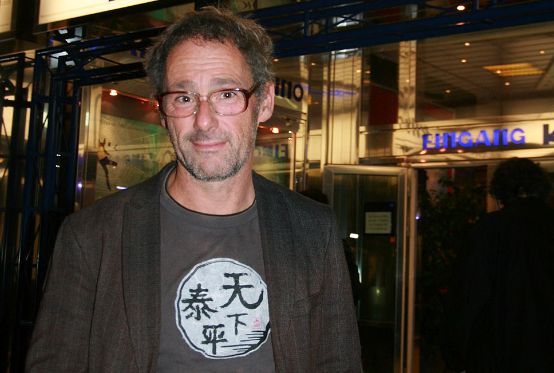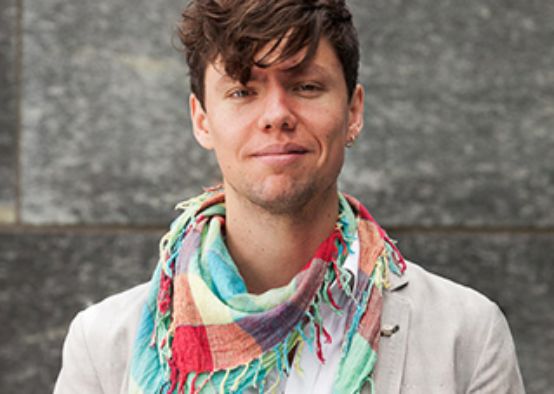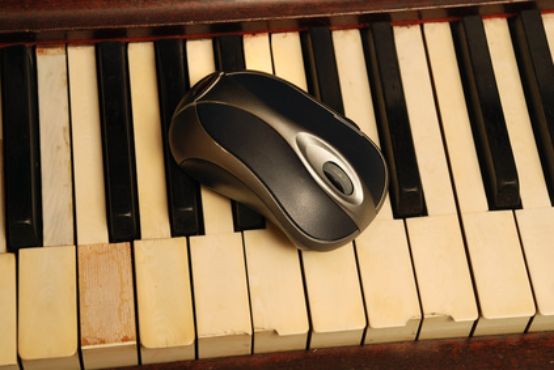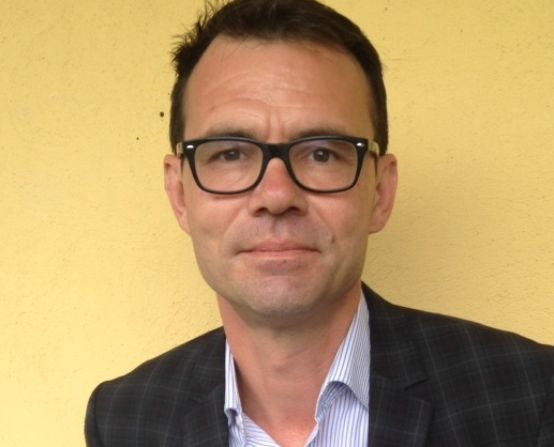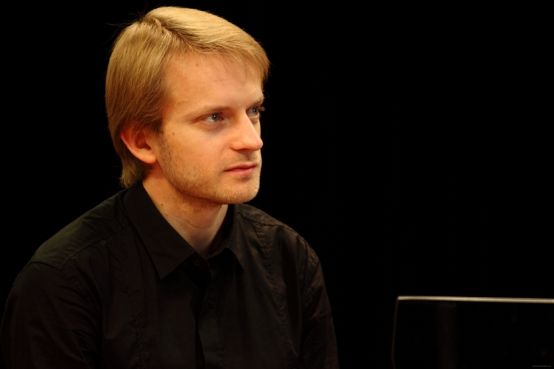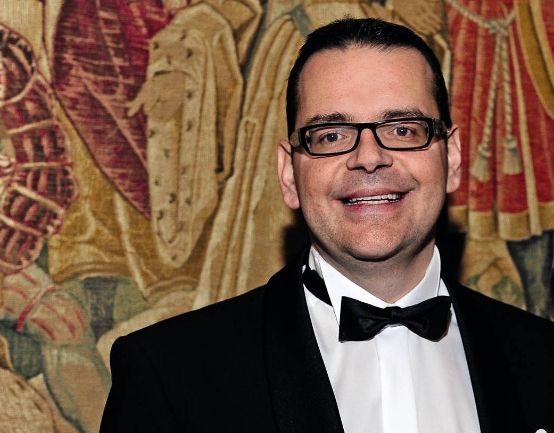ZHdK at the Architecture Biennale in Venice
On Friday, July 25, the Z Club starts in Venice. At the Palazzo Trevisan degli Ulivi, it will represent Zurich University of the Arts (ZHdK) at the 14th Architecture Biennale in the Italian metropolis.
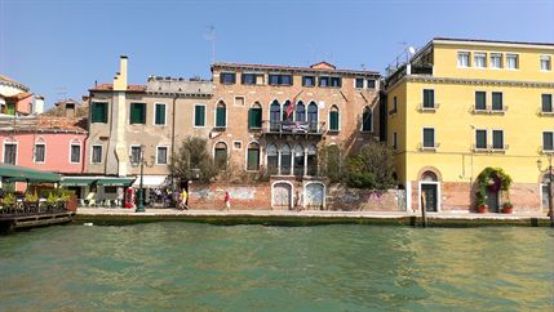
According to a statement from the university, the Z Club is a discourse, performance and music festival at the ZHdK that is dedicated to the topics of money, space and post-industrialization night after night for a whole week.
The Z Club opens when the sun goes down in Venice: every night from 9 pm, a program unfolds that offers a cross-section of the Zurich University of the Arts (ZHdK) for seven evenings.
On 29 July, a concert performance will highlight the nexus of heavy metal, death metal and post-industrialization. July 30 and 31, on the other hand, are entirely dedicated to new music and its relationship to industry: conceived and technically realized by the Institute for Computer Music and Sound Technology, a broad spectrum of works between analogue tape music and generative art, between audiovisual art and performance will be heard, in which various aspects of 'materiality' are thematized.
Based on the canonical work La Fabbrica Illuminata by the Venetian composer Luigi Nono interpreted by soprano Sarah Maria Sun, a path will be taken up to the present day. Works by Iannis Xenakis, Horacio Vaggione, Billy Roisz and current works by ICST members and students will be performed, culminating in a live audiovisual performance with Michael Egger, Thomas Peter and special guest Jorge Sánchez-Chiong.







